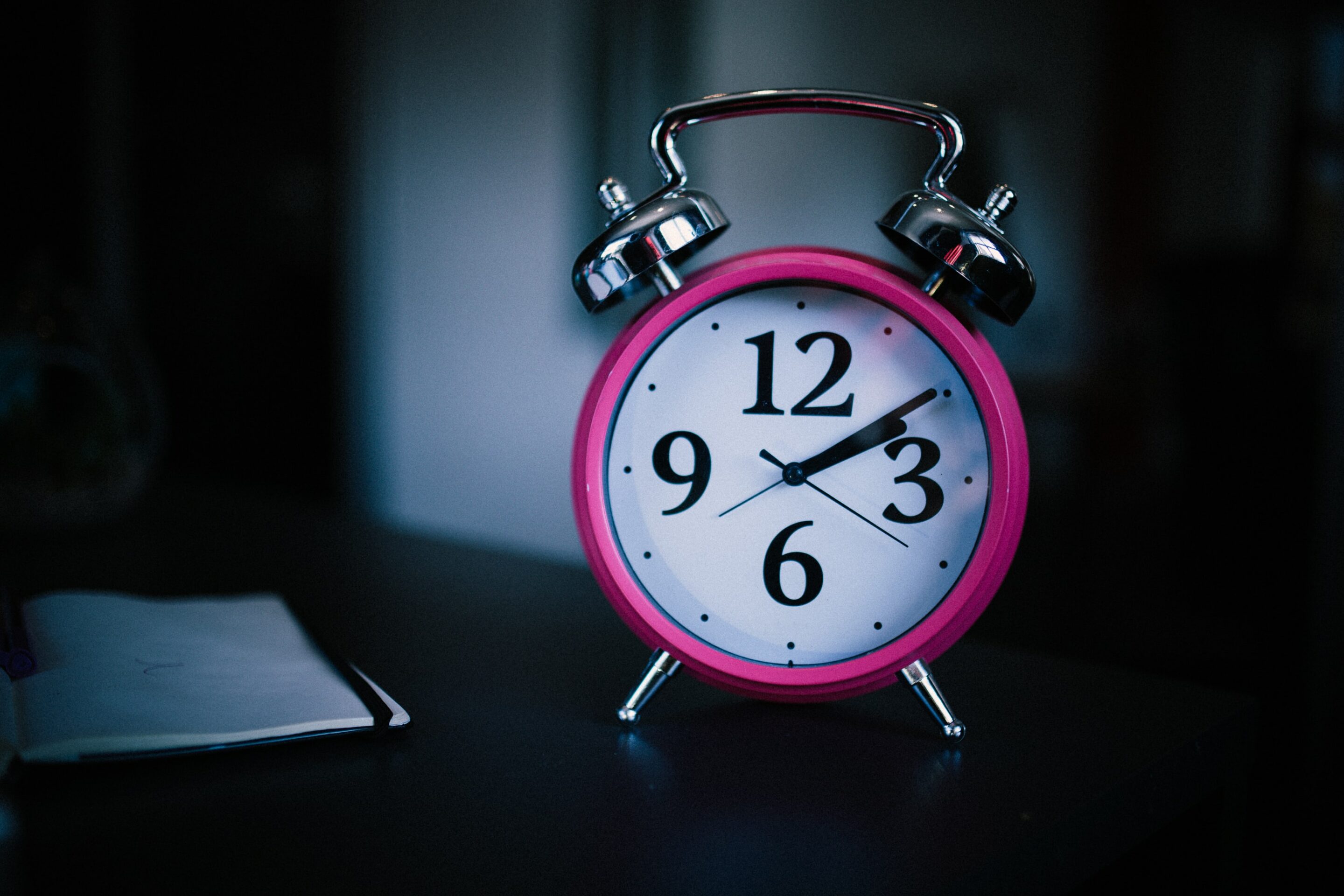The other day, I stumbled upon some wisdom on Twitter. “If you feel like you hate everyone, you need to eat. If you feel like everyone hates you, you need to sleep.” This carried with me through a day that started way before I had gotten enough sleep. I felt crabby and bitter all day. Around 7:30 PM, I was forced to call it. My brain had officially checked out, and I went to bed earlier than I had in years. When I woke up naturally at 8 AM the next morning, I felt amazing. Everything was back in the right order, I was a person again. The difference between the day before and the next morning was just one factor: the amount of sleep I got. I was shocked by the extent of my sleep deprivation in ways I didn’t even notice, and found myself wondering, “what is the connection between sleep and wellness?”
What is the connection between sleep and wellness?
Getting enough sleep is monumental in the journey to wellness. There are enumerable benefits. The magic happens when you close your eyes and your brain goes to sleep. Your whole body changes. As soon as you fall asleep, your blood pressure decreases, cortisol, the stress hormone in the brain, is suppressed, your muscles release tension, and your brain files away all of your short term memories into the long term bank. All of these reasons make the connection between sleep and wellness obvious. Sleep gives you a reset and releases all of the tension left over from a long day.
What dimensions of wellness are impacted by sleep?
The list is long. Sleeping appropriately improves your mental wellness, because it clears your brain of stress hormones and helps regulate mood balancing hormones. Improved mental wellness benefits emotional wellness, which makes it easier to control ourselves, set boundaries, and reflect on ourselves. These improved intrapersonal skills play out directly onto interpersonal relationships, which reap the rewards of our healthy internal life. When you can reflect on your actions and bring a balanced view to the table, friends value your advice more, and you are a more valuable employee. Workplace wellness shoots up as your productivity improves and quality of work reflects the rest you prioritize. All of this also puts us at a lower risk of taking chances and being unnecessarily daring. This helps preserve physical wellness. Also, sleep acts as a release. When you sleep, your muscles relieve tension, and your blood flow relaxes as your body de-stresses. This sets us up in prime shape to recover from injury and be more nimble in everyday life. With all of these incredible improvements, life is more exciting, and there is more to do. That means less time spent doom scrolling or waiting for one more video on YouTube, and more digital wellness, characterized by boundaries between us and our devices.
So how can I improve sleep to get these benefits?
It sounds too good to be true – but really, it is! If you can increase your quality and quantity of sleep, life gets enhanced. It can be hard to prioritize your wellness, especially when others around you do not, but there are ways. Making friends with similar goals and sticking to a routine can really help you establish a habit of sleeping enough. A routine might look like going to bed at a certain time, relaxing before bed, limiting caffeine to the morning, or tracking your sleep. Whatever ways you find to boost your sleep quality, we celebrate it.
